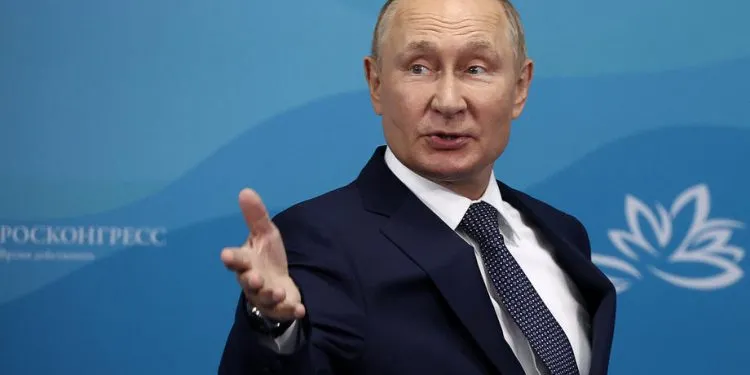Vladimir Putin has won another term as Russia’s president, with early results showing a strong lead in the election. The projected victory of Putin, with an anticipated 88 percent of the vote and a turnout exceeding 70 percent, highlights his consistent popularity among Russian voters.
The electoral process, however, has faced international criticism, as some observers have raised concerns about the fairness and transparency of the proceedings. There are concerns about the transparency of the election due to the lack of viable opposition candidates and restrictions on dissent. Regardless of the criticisms, Putin continues to maintain his dominant position in Russian politics.
Reservations about the election process have been expressed by international figures, such as Ukrainian President Volodymyr Zelensky and President of the European Council Charles Michel. Zelensky portrayed Putin’s win as a mere facade, highlighting concerns over the absence of any opposition or genuine choice. Michel expressed agreement with these opinions, highlighting the lack of a fair and open electoral atmosphere.
Putin’s reelection coincides with the ongoing tensions between Russia and Western powers, specifically regarding Russia’s role in Ukraine. Despite the challenges of economic sanctions, Putin has remained steadfast, fortified by backing from nations such as China. The conflict in Ukraine has led to a significant increase in patriotic sentiment in Russia, which has strengthened Putin’s position.
Putin’s administration has faced significant criticism domestically for its handling of dissent, particularly in the aftermath of opposition figure Alexei Navalny’s death. The passing of Navalny has ignited strong emotions among his loyal followers, leading to the unfortunate displacement of some individuals. However, a portion of the population showed up to vote against Putin in Navalny’s memory, indicating ongoing dissatisfaction within Russia.
Long queues formed at polling stations in cities worldwide as Russian expatriates also took part in the election. In the face of various attempts to influence or manipulate voters, numerous individuals voiced their strong yearning for a shift in politics and the need for reform.
With Putin starting another term in office, the challenges that Russia faces, both at home and abroad, are still quite significant. The election result highlights Putin’s continued popularity among the Russian population, despite some raised concerns regarding the electoral procedure. In the future, the global community will closely observe the progress in Russia, considering the wider consequences for regional stability and global politics.



